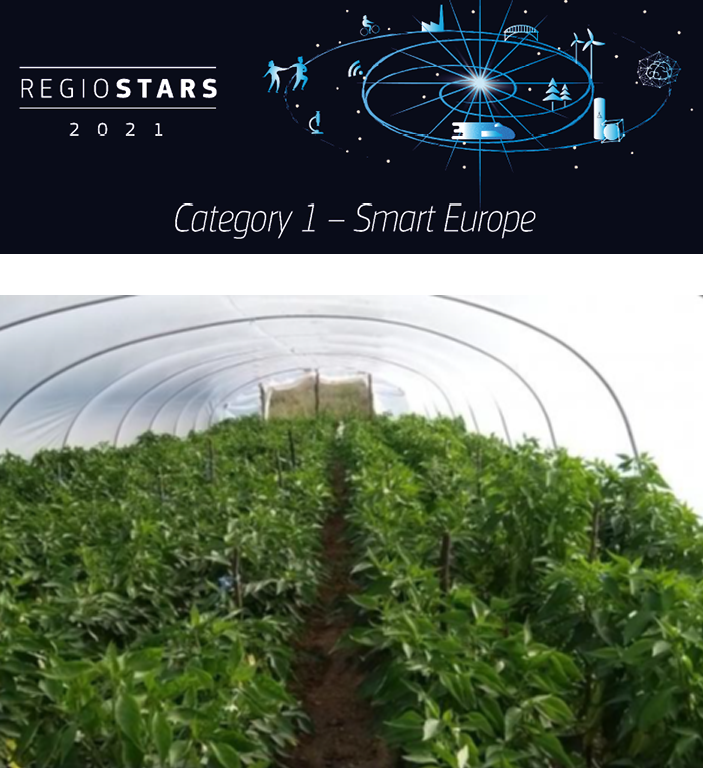The BalkanRoad project helped agribusinesses reduce their carbon-, water- and waste footprints and produce eco-labeled products.
- 10 April 2021
‘BalkanRoad receives feedback from farmers, agribusinesses and policy makers and facilitates discussion between them, to develop a common Balkan protocol for the agribusiness sector that will boost local products in national and European markets.’
The strategies and technologies promoted in BalkanRoad are part of the project’s ‘Balkan Protocol’ to measure and reduce product footprints. This measurement system is in line with national and EU laws, opening the door for producers to receive eco-certificates.
Farmers can apply the protocol using the project’s online app, RoadTool, while a roadmap is available for local and regional governments throughout the Balkans. Together, the tools are helping Balkan agribusinesses to modernise, reduce greenhouse gas emissions and conserve natural resources.
Tools for change
A reduction in the high environmental impact of Balkan agribusinesses strengthens their position in national and international markets, which increasingly demand sustainable products. Collaboration using the project’s tools can help to create local green value chains with a traceable footprint marked on a product label.
The project’s roadmap for farmers and agribusinesses contains simple explanations of how to use techniques, good practices and measures to reduce the environmental impact of a product, from production to retail.
Solutions range from better-targeted irrigation systems, improved composting and lower-impact tillage to energy-saving or lower-carbon sources of energy. Technical and economic information is provided for business plans.
The RoadTool, which is available at no cost on the project website, allows businesses to measure and adapt their carbon, water and waste footprints. They can test different solutions virtually to design strategies to reduce waste and become more sustainable.
For policymakers, BalkanRoad has designed strategies and tools to implement the roadmap. These include advice on policy instruments to make agricultural systems more sustainable.
Tailored and flexible
All tools and measures are informed by the Balkan Protocol, which is tailored to agribusiness in the Balkans. For this, BalkanRoad identified barriers to sustainable practice and then developed plans, tools, documents and training materials to apply solutions.
Project experts consulted with agri-SMEs, farmers, NGOs, policymakers and decision makers at each stage, so that the recommendations were compatible with available skills and resources.
Currently, the project’s outputs help farmers to reduce the impacts of grape, apple and vegetable cultivation. However, the tools can be applied to other sectors. Project partners are planning upgrades to include other crops, starting with a proposal for a new project, PRIMA.
Beneficiaries
‘We cultivate, process, package and distribute stevia products in many European countries. It is of vital importance to communicate our environmental footprint to build customer confidence in our products. BalkanRoad provides us with this ability. We can now estimate our carbon, water and waste footprint and increase our products’ value.’
– Christos L Stamatis, CEO, Stevia Hellas Agricultural Cooperative, Greece
‘We have a great interest in organically based certified wines, respecting the environment and consumers. Working with BalkanRoad strengthens the environmental profile of our products and allows us to create green value chains, support the economies of local communities, generate value and boost sustainable development.’
– Andreas N Psaras, Director, Makkas Winery Ltd., Cyprus
Total investment and EU funding
Total investment for the project “BalkanRoad” is EUR 1 284 723, with the EU’s European Regional Development Fund contributing EUR 1 092 015 through the “Interreg Balkan-Mediterranean” Cooperation Programme for the 2014-2020 programming period. The investment falls under the priority “Entrepreneurship and Innovation”.

